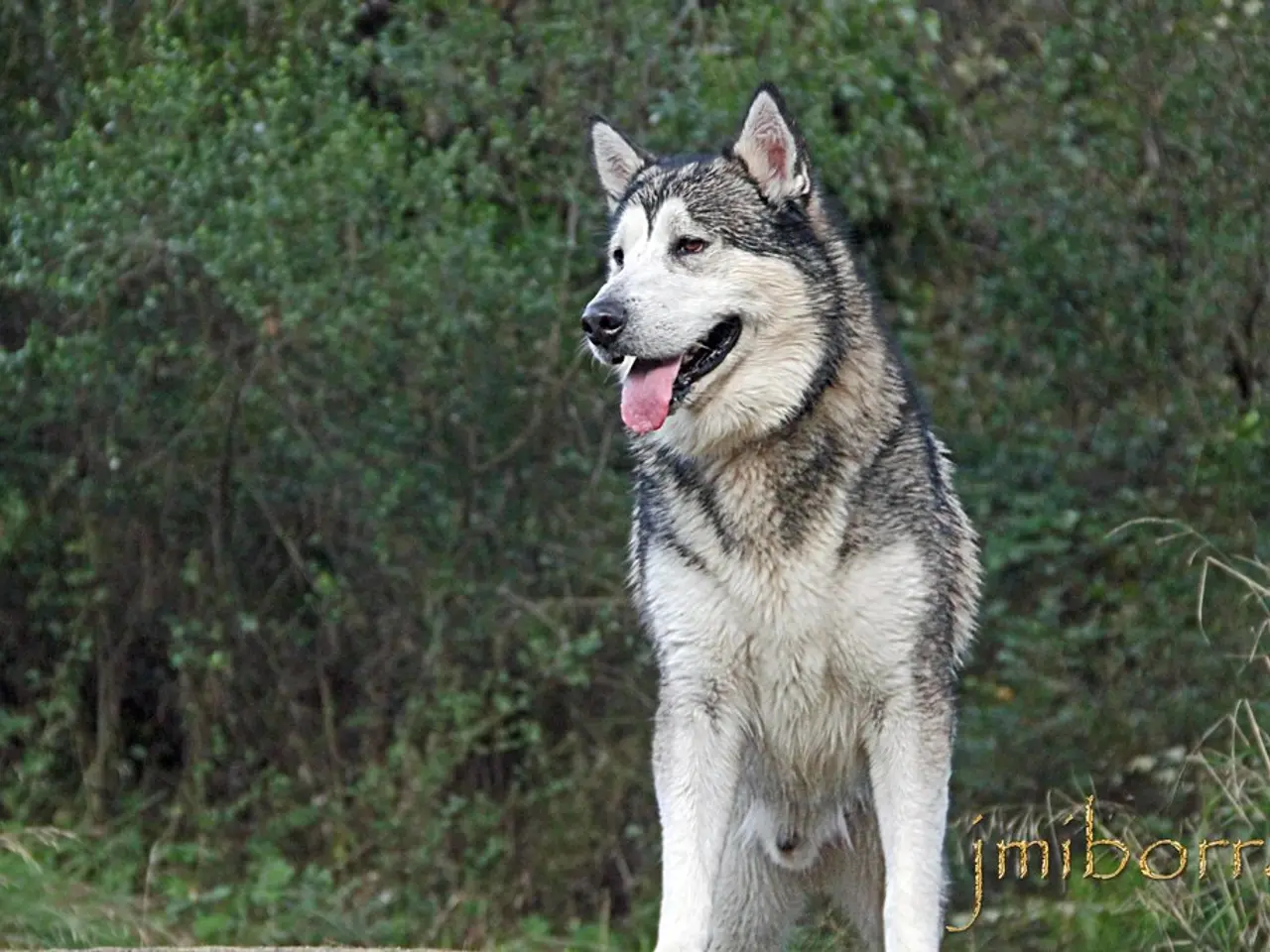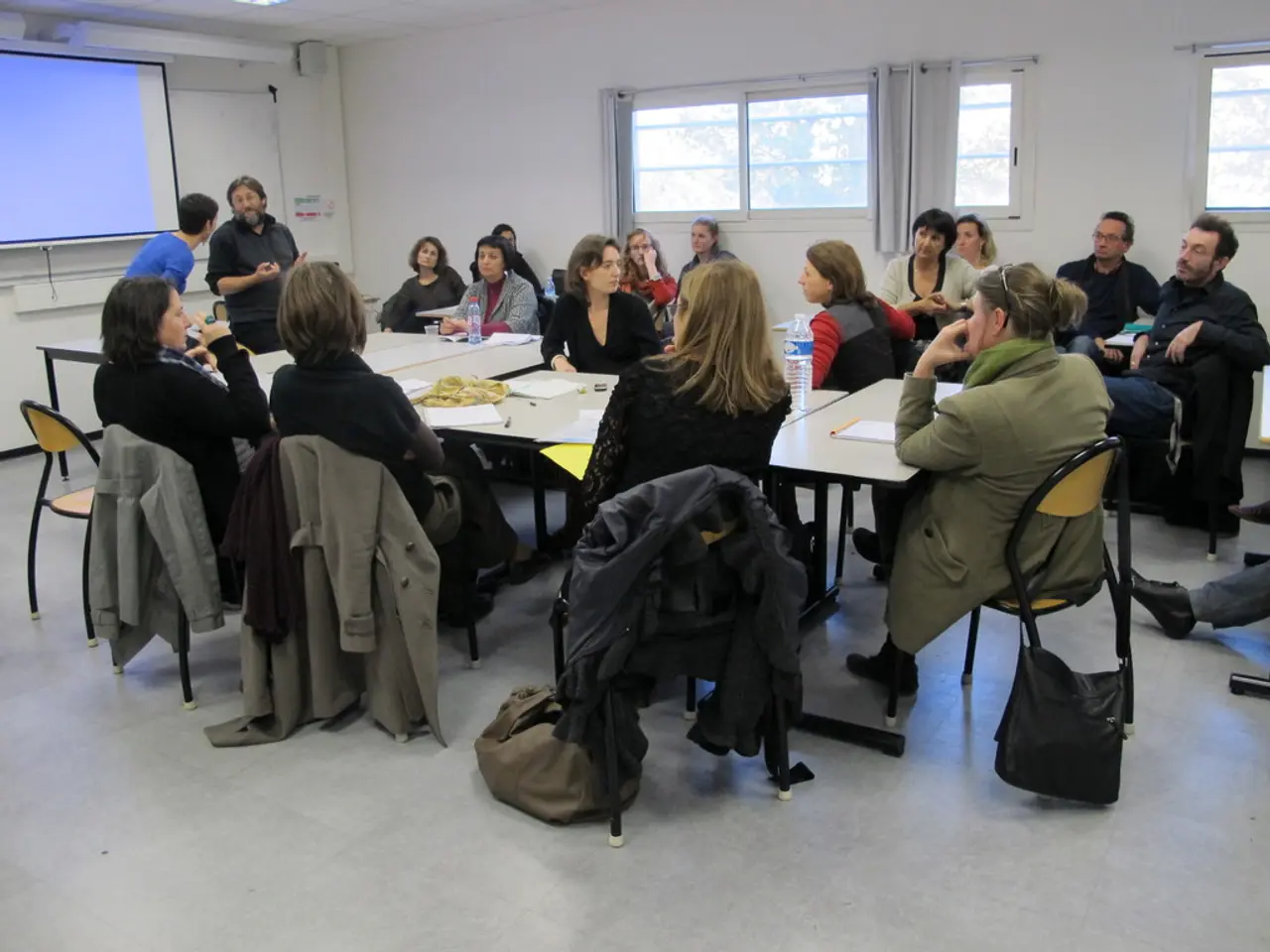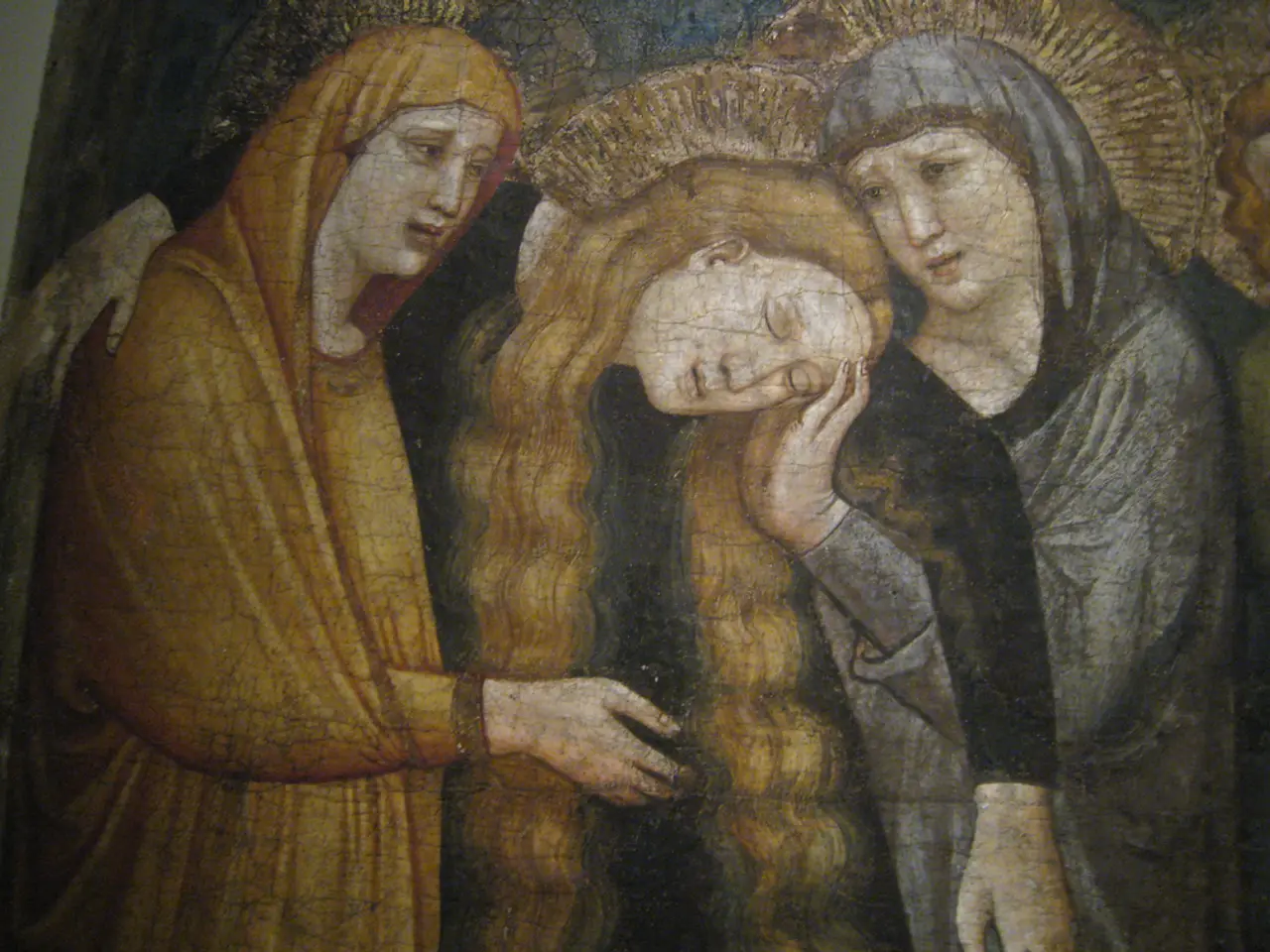Vancouver Island photographer secures a two-year fellowship dedicated to exploring and preserving British Columbia's sea wolves.
Ryan Tidman, a talented wildlife photographer and videographer from Vancouver Island, has been named as the inaugural Audain Wildlife Conservation Fellow. The appointment, a two-year position established by The Royal Canadian Geographical Society and supported by the Audain Foundation, aims to study and protect British Columbia's at-risk sea wolves.
Through his project, Tidman plans to reshape the public's perception of the sea wolf species. He aims to shift the perception of wolves to represent "strength and wilderness" and celebrate their "highly intelligent and social" qualities.
The negative perception of wolves may have originated from a transition from hunter-gatherer to agriculture and a desire for humans to dominate nature. In the past, wolves were revered and admired, with origin stories in Western and Indigenous cultures depicting them as heroes or warriors. However, over time, wolves have been given a bad name and reputation.
Tidman's research project will focus on the sea wolf species, a species that is not well understood. He will collaborate with a network of wolf biologists, Indigenous knowledge keepers, and wildlife enthusiasts for his project.
The primary objective of Tidman's project is to combat the common misconception that wolves are aggressive by highlighting their ecological importance and cultural significance. Over the two-year fellowship, Tidman will share this work widely through national media, stunning visuals, and educational outreach such as classroom presentations to raise awareness and promote conservation.
The educational program created by Tidman will be shared with 28,000 teachers and will reach 750,000 students per year. Tidman's research project will have an educational angle, aimed at impacting the next generation of conservationists.
Ryan Tidman was chosen for the Audain Wildlife Conservation Fellowship due to his remarkable work with the Royal Canadian Geographical Society and Canadian Geographic. The Royal Canadian Geographical Society's vice president, Rosemary Thompson, praised Tidman's commitment to sea wolves and his talent as a wildlife photographer and videographer.
Tidman's research project is expected to enable the publication of compelling stories about sea wolves to convince public officials to protect the species in the future. He will split his time between Vancouver Island and the Great Bear Rainforest, a 6.4 million hectare temperate rain forest on British Columbia's north and central coast, to document these genetically distinct wolves, dependent on marine ecosystems.
With Tidman's project, there is hope that the public's perception of wolves will once again shift towards admiration and respect, just as it was in the past.
In the scope of his educational program, Ryan Tidman will incorporate video content as a powerful tool to showcase the environmental-science topic of sea wolves, thereby enhancing the students' understanding and fostering a positive perception of the species. Additionally, Tidman's two-year research project, falling under the category of science and environment-al science, aims to reshape the public's current misconceptions about wolves and promote awareness for their education-and-self-development in the future.




